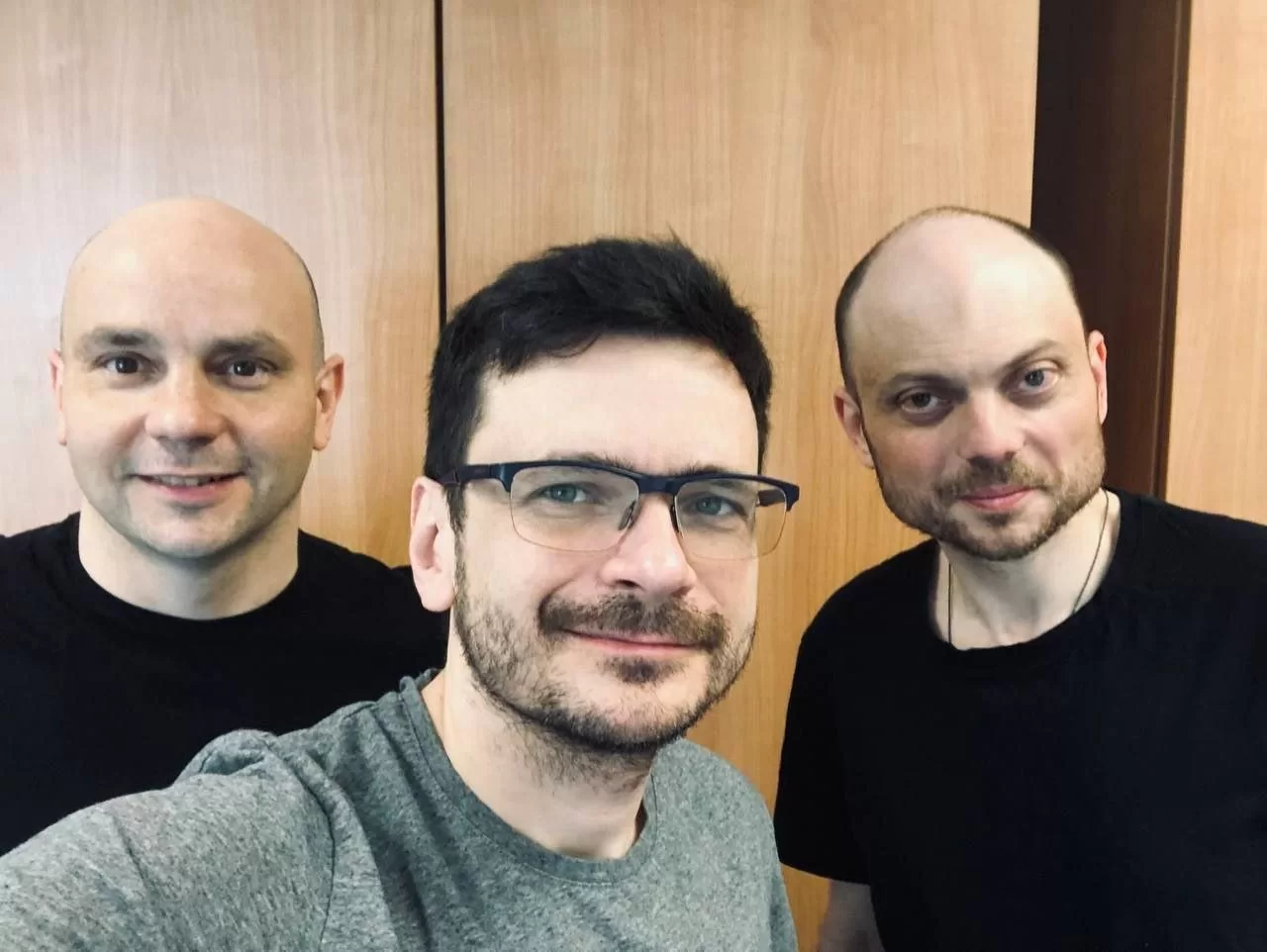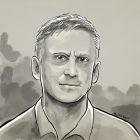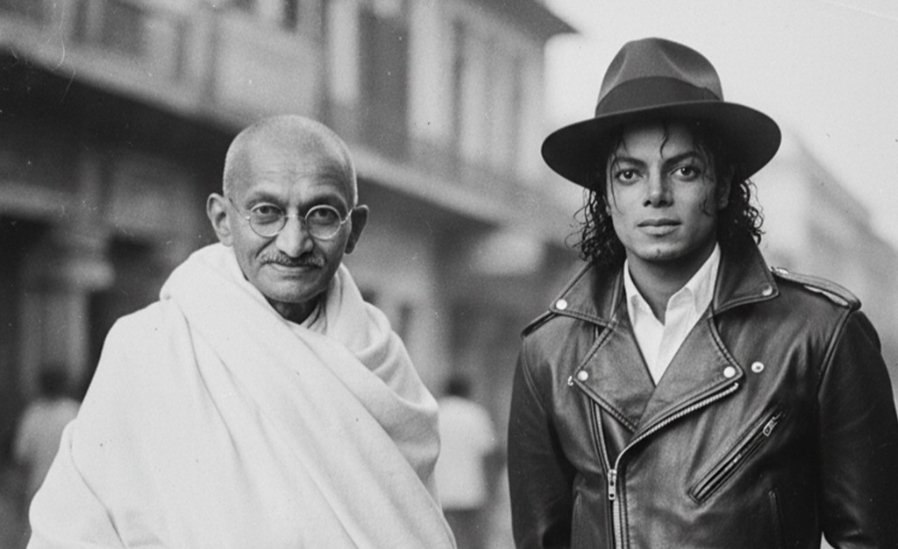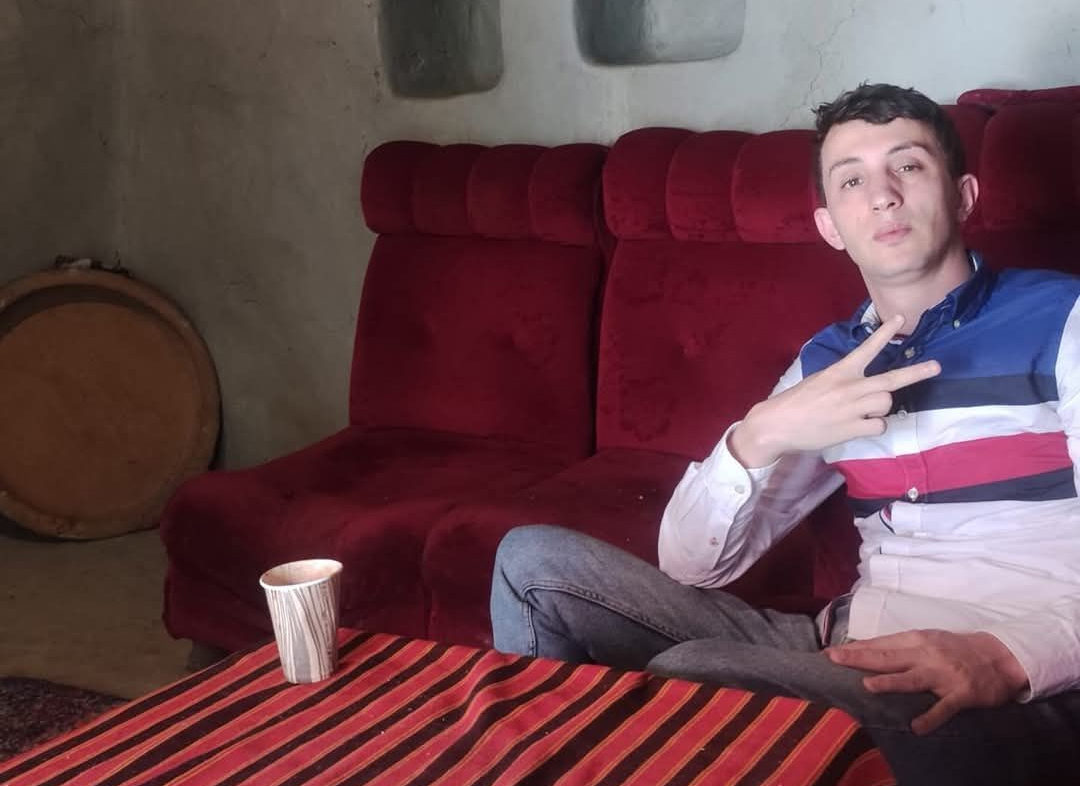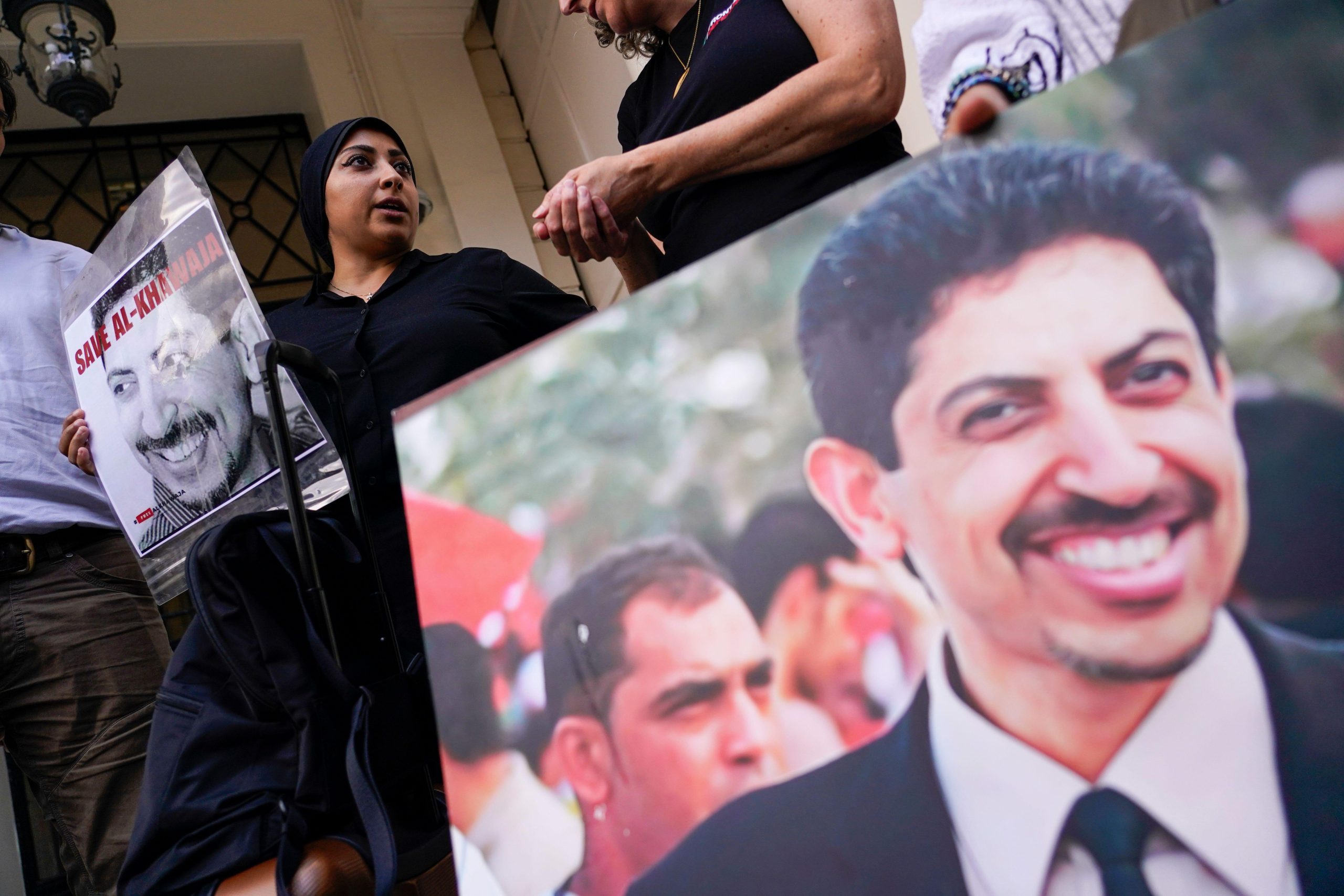There is a tendency to see Russia as a huge monolithic entity with a matching ideology. This is the expansionist, imperial Russia that poisons its enemies and kidnaps their children. It is the Russia of the gulags, of Putin, Stalin and the Tsars. But there is another Russia. It is the Russia of the eight brave students who stood in Red Square in 1968 to demonstrate against the invasion of Czechoslovakia and inspired the founders of this magazine. It the Russia of the dissidents of the 1970s and the reformers of the 1990s. It is the Russia of Pussy Riot, of Alexander Livintenko, Boris Nemtsov and Alexei Navalny.
This is the Russia of Vladmir Kara-Murza, the Russian activist, politician, journalist and historian released this week in a prisoner swap with Russian spies held in the West.
Much has been made of the detention and release of American journalist Evan Gershkovich – and rightly so. The Wall Street Journal reporter has become an important symbol of the fundamental values of a free media. It is to his eternal credit that his final request before release was an interview with Vladimir Putin. We also welcome the release of Alsu Kurmasheva, a Radio Free Europe/Radio Liberty journalist from the Tatar/Bashkir service.
But it is Vladimir Kara-Murza who most fully represents the dissident spirit of Russia that runs counter to the authoritarian tendency that has dominated the country for so much of its recent history.
He is often described simply as one of the fiercest opponents of Putin, But Kara-Murza is so much more than that. He is above all the keeper of the flame of the Russian dissident tradition. He, more than anyone, understands the power of this alternative version of Russian identity.
Supporters of Index interested in the subject should watch the four-part documentary series, They Chose Freedom, directed and presented by Kara-Murza in 2005. The film is edited by his wife Evgenia, who has led the campaign for his release. Two decades later it is still acts as a powerful reminder of the courage of those who spoke out against the Soviet system. It examines the roots of the dissident movement in the weekly poetry readings held in Mayakovsky Square in the 1950s. It includes interviews with the key players in the movement, including Vladminir Bukovsky, Anatoly Sharnsky and three of the participants of the Red Square demonstration of 1968, Pavel Litvinov, Natalya Gorbanevskaya and and Viktor Fainberg.
In April 2023, shortly before he was sentenced to 25 years for charges linked to his opposition to the war in Ukraine, Kara-Murza said: “I know the that the day will come when the darkness engulfing our country will clear. Our society will open its eyes and shudder when it realises what crimes were committed in its name.”.
The release comes after reports earlier this year that Kara-Murza had been transferred to a harsher prison regime and that his health was deteriorating. An image shared on Telegram (see above) by fellow dissident Ilya Yashin, also released in the prisoner swap, show Kara-Murza this morning in Germany where they will hold a press conference later today. We await news that he and family will finally be able to welcome him back to Britain, which they have made their home.

